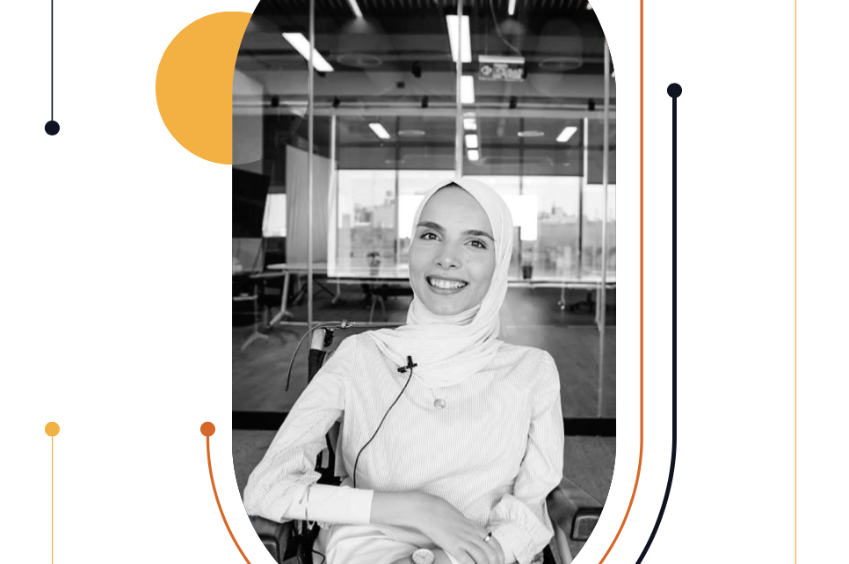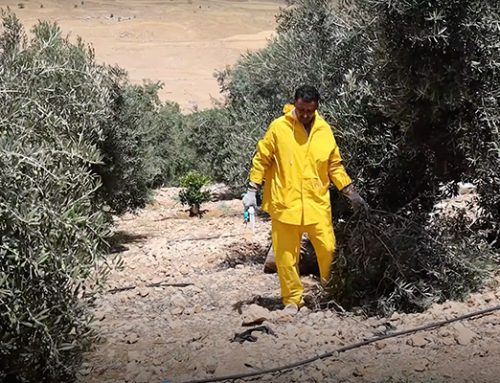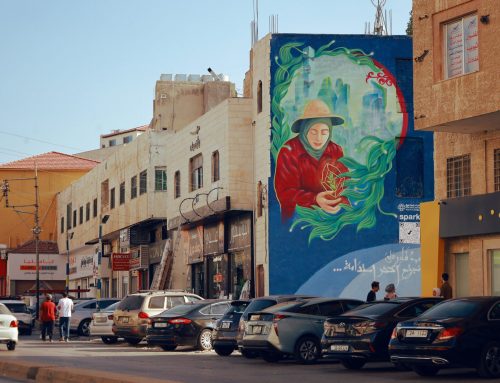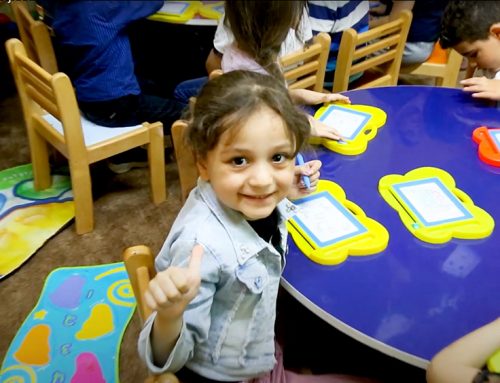Humanitarian action that is inclusive of different affected groups, including women, is more likely to save lives, reduce harm and promote well-being. Intending to elevate humanitarian interventions and gender equity, CARE International in Jordan conducted a study in 2017 to assess women’s involvement in humanitarian action. Positioning women both as survivors of humanitarian disaster and leaders in its mitigation, the report focused on humanitarian work with the Syrian refugee population in Jordan.
This study revisits the trends associated with women’s humanitarian involvement in Jordan, focusing on the response to the COVID-19 pandemic. The study team conducted 43 key informant interviews (KIIs), including 47 individuals (several interviews were conducted in small groups of three or fewer individuals) during the spring of 2022 with local, national, and international humanitarian workers in Jordan about their experience during the pandemic. Further, the study team conducted four focus group discussions with community representatives involved in humanitarian work in Amman, Azraq Camp, and Mafraq.




